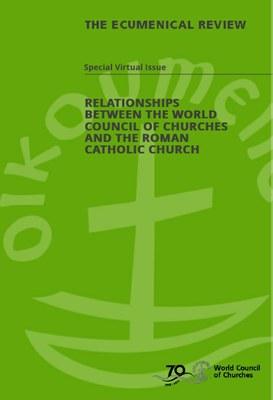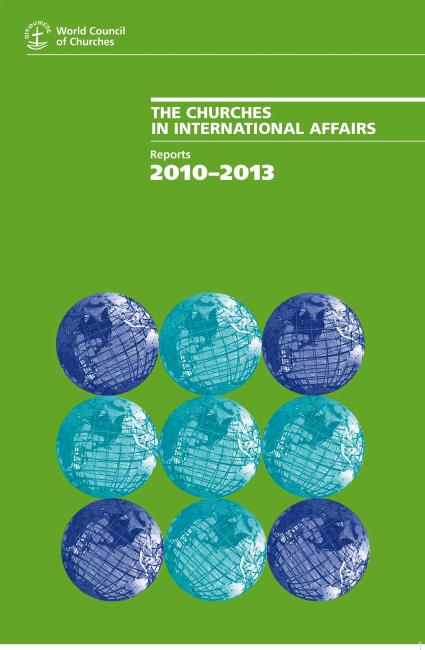Mostrando 261 - 270 de 270
05 Agosto 2020
Human Rights of Stateless People
29 Julio 2020
Human Rights of Stateless People
29 Julio 2020
The Invisible among Us
29 Julio 2020
The Invisible among Us
29 Julio 2020
Entrevista con el patriarca etíope Abune Matías
14 Febrero 2017




